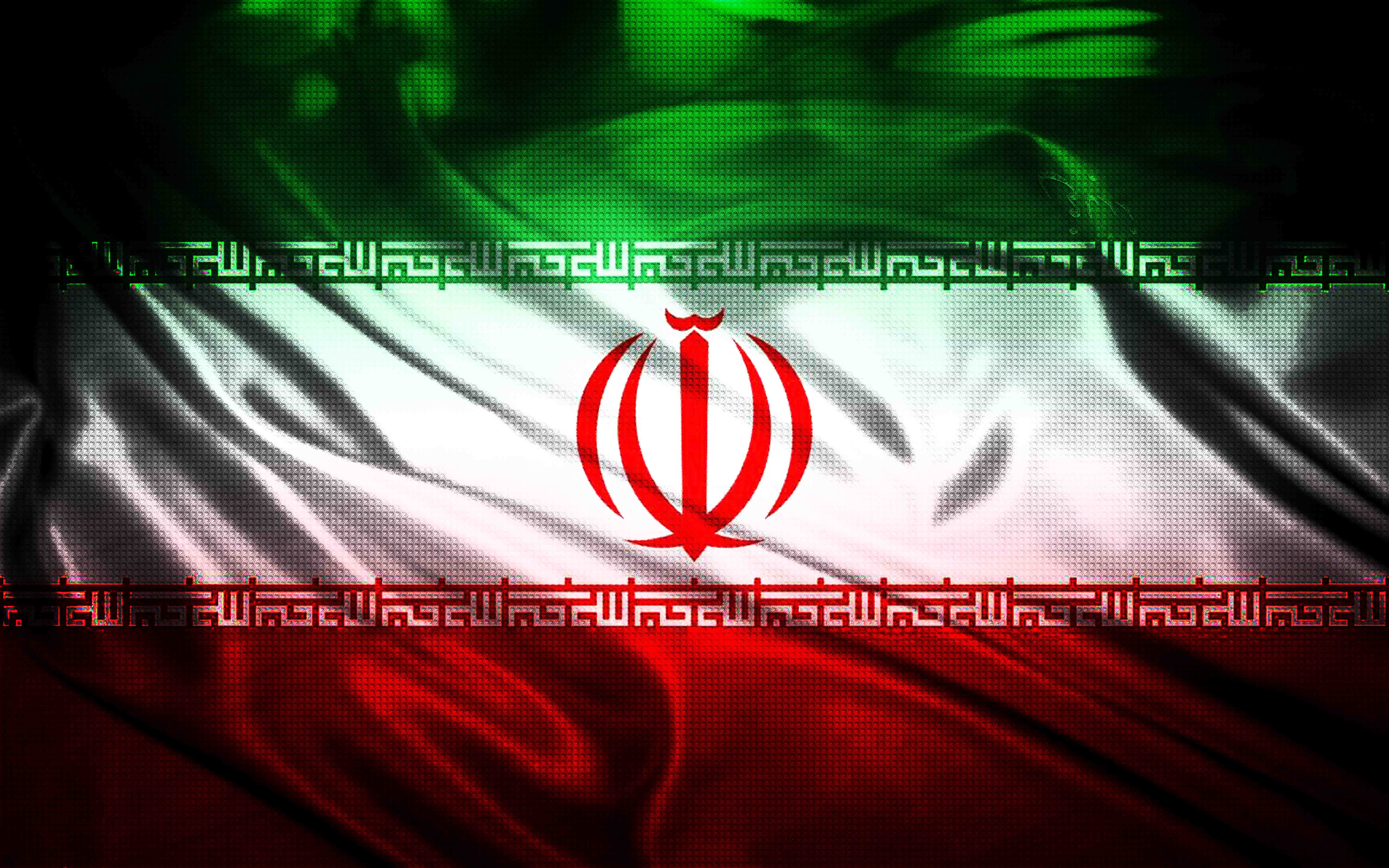Iran Still In Business
Contrary to popular belief, Iran has demonstrated remarkable resilience to sanctions that were imposed on them by the United States. Many have stated the belief that the sanctions are crippling Iran’s ability in financial markets, especially after countries were left with facing hefty fines for dealing with Tehran’s central bank. Oil shipments were expected to dry up and investors appeared to be taking their business elsewhere, but news leaking via the financial grapevine is certainly leading many to seek alternatives to stay involved in Iran’s playing markets.
Japan and its thirst for oil are unquenched and have managed to find a way around the rigorous sanctions that the United States has implicitly outlined against Iran. Insurance coverage, which has also been banned by western states initially led to Japan to slowly decrease their dependence on Iran for its crude imports, despite the fact Japan is presently craving for more oil.
However they have managed to exploit a loophole pertaining to the maritime coverage of insurance. The purpose of maritime insurance for ships themselves and the cargo on board is to be protected from any physical damage that may occur at sea. Not only have the Japanese managed to benefit from the loophole by allowing it to import oil through another route, it has increased the amount of oil also.
An initial sum was fixed in April for a certain amount of oil to be imported, but has led to a thirty per cent increase worth about five hundred million dollars. Through this ambiguity crude imports are only likely to increase to the detriment of their allies in the west, namely the United States, who authored these abhorrent sanctions.
Such actions will allow two if not three super-tankers to carry oil from Iran to Japan, leading experts to estimate a massive two to three hundred thousand barrels of oil a day being exported. Japan will become the third biggest importer of Iranian crude oil behind the Indians and the Chinese, who themselves have offered to extend deals with Iran.
Breaking news yesterday confirmed that a Chinese investment firm decided to spend twenty million dollars developing two Iranian oil fields located in Azadegan and Yadavaran. After 10 years of mind-boggling negotiations, (as usually is with the Chinese) Iranian Oil Minister Rostam Qassemi stated that Iran’s nationalised oil company Petropars had already installed 20 oil drilling rigs, which has the capacity to “help pump out 700,000 barrels of oil a day.”
Not to mention the oil and gas reserves that are still in stock at sites in Farzad and Esfandiar, amongst off shore sites that have not been wholly exploited yet. With all of this knowledge in mind, one should not be hesitant in making inquiries towards investing in such markets. Of course there is the worry for Iran going to war, oil fields being scorched and its resources being plundered, but realistically I do not see this happening, when many factors such as Iran’s military capabilities and strategic locations being taken into account. The potential for capital gains is present right now and the Chinese along with shrewd Asian powers will look to exploit this.
This can only be good news to financial markets around the world and states looking to bolster GDP growth, which to a large degree are dependent on oil imports for the fluidity of their own economies to function vibrantly. The report is certainly likely to come as a relief to those who have fear of the price of oil fluctuating deterring investors and speculators from taking a punt on Iran’s economy because of the high risk exposure.
If anything the sanctions that the United States has placed on Iran is likely to hurt its own investors and markets because of their dependence on oil, which far exceeds that of China and India; Especially in Europe, with particular states such as Greece and Italy who are experiencing stagnating economies, could have benefitted greatly from cheap oil. Instead higher oil prices are likely to drive more people out of business, cause market turbulence and lead the United States to turn to the Saudi’s to pump out more oil on to the markets, charging top dollar for each barrel leaving us vulnerable and keeping prices on various other commodities artificially low.




Comments